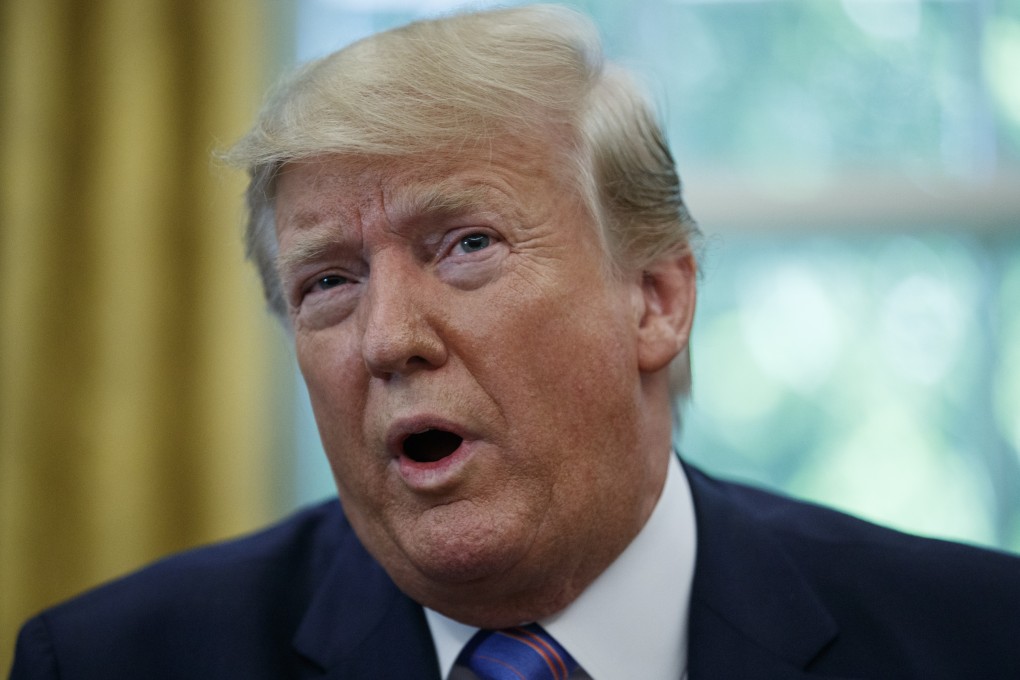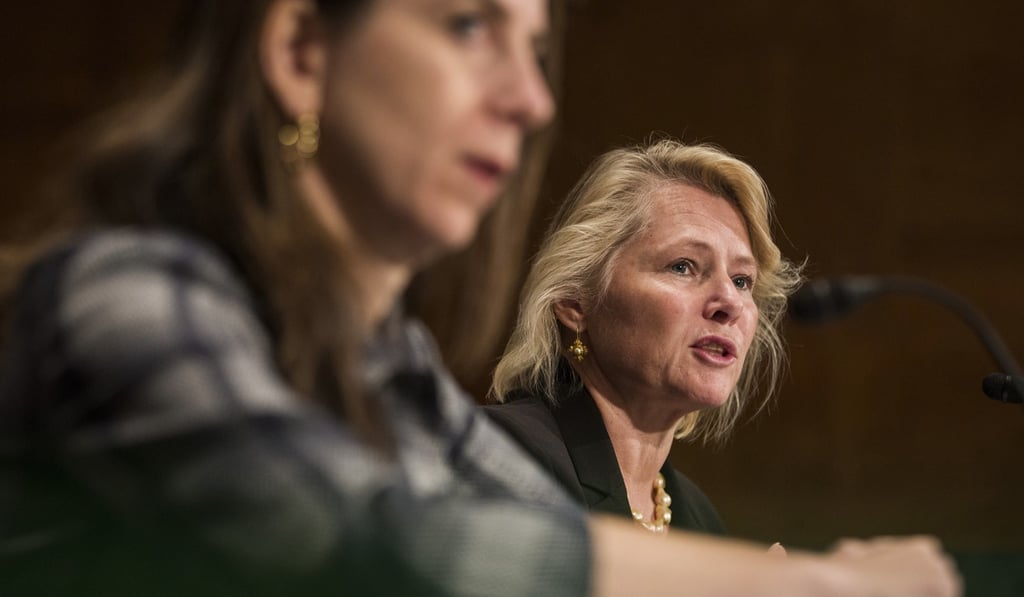US actions hurting relations with China, 100 academics, policy advisers say in open letter to Donald Trump
- Signatories, including former assistant secretary of state for east Asian and Pacific affairs Susan Thornton, say they are ‘deeply concerned about the growing deterioration’ of ties between the two countries
- US ‘cannot significantly slow China’s rise without damaging itself’, they say

The actions of the United States have contributed to the “downward spiral” in the country’s relations with China, according to a group of 100 American academics, foreign policy experts and business leaders.
In an open letter addressed to US President Donald Trump and members of Congress, and published by The Washington Post on Wednesday, the signatories expressed their concern about the poor state of ties between the two powers, which have been locked in a trade war for the past year and have increasingly clashed on strategic fronts.
“We are deeply concerned about the growing deterioration in US relations with China, which we believe does not serve American or global interests,” said the letter, whose co-authors include Susan Thornton, a former US assistant secretary of state for east Asian and Pacific affairs, and J Stapleton Roy, a former US ambassador to China.
“Although we are very troubled by Beijing’s recent behaviour, which requires a strong response, we also believe that many US actions are contributing directly to the downward spiral in relations,” it said.

The high-profile advocacy for a more conciliatory approach to dealing with Beijing comes as tensions between the two nations continue to simmer, and with many in Trump’s administration favouring confrontation to contain and counter Beijing’s rise.